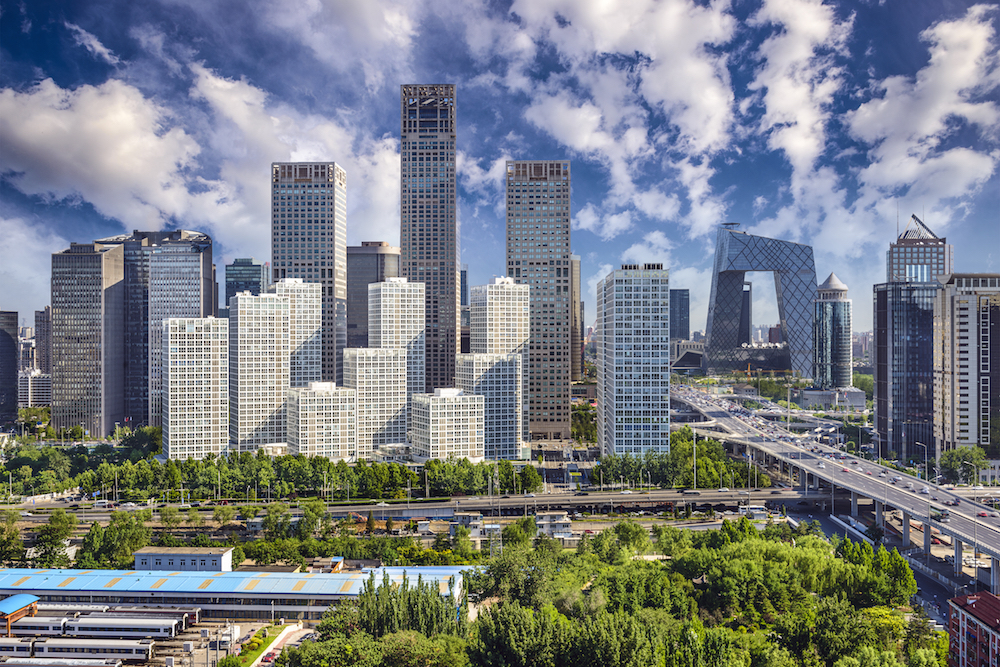With our NDNCNSA (Non-Disclosure, Non Circumvent, Non Solicitation Agreement) and Term Sheets detailing the scope of our relationship with a major Infrastructure Fund now signed, Deal Stream 1 is coming online. Deal Stream 1 will consist of 6 projects, with the first now being submitted for acquisition. We’re progressing with development of Deal Stream 2, beginning operations with our Chinese solar manufacturers, codenamed CSC (Chinese solar conglomerate) 1 & 2.
Which brings us to consider that facet of Chinese culture known as guanxi (pronounced ga-wan-chee and sometimes written guangchi). There’s no direct translation, but it’s a fundamental part of Chinese society, and if you don’t have the guanxi, you can’t do business. The official definition is “A personal dynamic in networks of social influence” but what it means in reality, is enough trust of the people you’re doing business with for them to give you access to their own connections. Guanxi is akin to recommending a really good contractor to a colleague or a client.
You can’t get guanxi overnight. In fact, historically as China has opened up to Western businesses, the lack of instant guanxi experienced by companies beginning operations in the Chinese market has caused a lot of issues. And therein lies the difference between the Western business mentality and Chinese culture. In Europe and America, we have a tendency to let someone’s reputation speak for them. A senior industry player with impeccable credentials and a big brand name is usually enough to build a working relationship with them or their firm. But in China, business culture is different. In many respects, more democratic. Everyone, regardless of their reputation has to prove themselves, demonstrate a track record and build relationships over time before they get some guanxi. And if you don’t have the guanxi, you can’t do the big deals.
Our guanxi, fortunately, is plentiful. Our head of business development for Chinese operations is Bill Goldie, the former Managing Director of the large UK engineering and manufacturing group Stadium PLC. With two decades of experience in building and extending Stadium’s capacity with Chinese mirror-manufacturing facilities (replicating the UK and US manufacturing infrastructure in Dongguan and Hong Kong) Bill’s got more guanxi than most senior executives trying to establish relationships with China’s huge renewable energy sector.
Bill’s guanxi is why he’s heading-up the team that is constructing one of our most important new developments: Delivering renewable energy projects for a large Infrastructure Fund Partner in North America, using components supplied by our JV with CSC 1. This will be developed and managed by Solar 350 with our engineering JV partner, A-rated Danish engineering firm Gruen & Hornstrup. This shows an interesting facet of the global economy, the way that both new investment trends and old fashioned personal relationships play key roles in successful deal making.
On the one hand, our Infrastructure Fund deal illustrates a very modern trend for institutional investors (like Pension Funds) to de-risk their portfolios, divest from fossils and focus on generating investor returns from downside insured projects in developing economies. They’re seeking currency stability, government policies with a commitment to renewables, expertise in developing Clean Develop Mechanism projects too (with an eye on the new climate change targets likely to emerge from COP 21 in Paris).
On the other hand, meeting this new demand with the industrial capacity needed to offer the best returns means Chinese manufacturing muscle has an obvious role to play, but in order to access Chinese industry, you need the guanxi, a very traditional, if not ancient facet of Chinese culture. Which means new players find it hard to enter the Chinese business scene. You need a history of working with Chinese manufacturers and local government officials, a track record in carbon reduction mechanisms like the CDM and China’s own domestic carbon trading scheme. Basically, you need your own Bill Goldie.
There’s a slight misnomer in many people’s minds that in the modern era of globalised trade, anything is possible. It just takes capital. But in reality, it doesn’t. All the money in the world couldn’t buy all the tea in China without guanxi. If global players want to connect their influence with Chinese partners and develop renewable energy assets, they need guanxi and oddly, in the era of instant communications and 24 hour operations, you can’t get it overnight.
